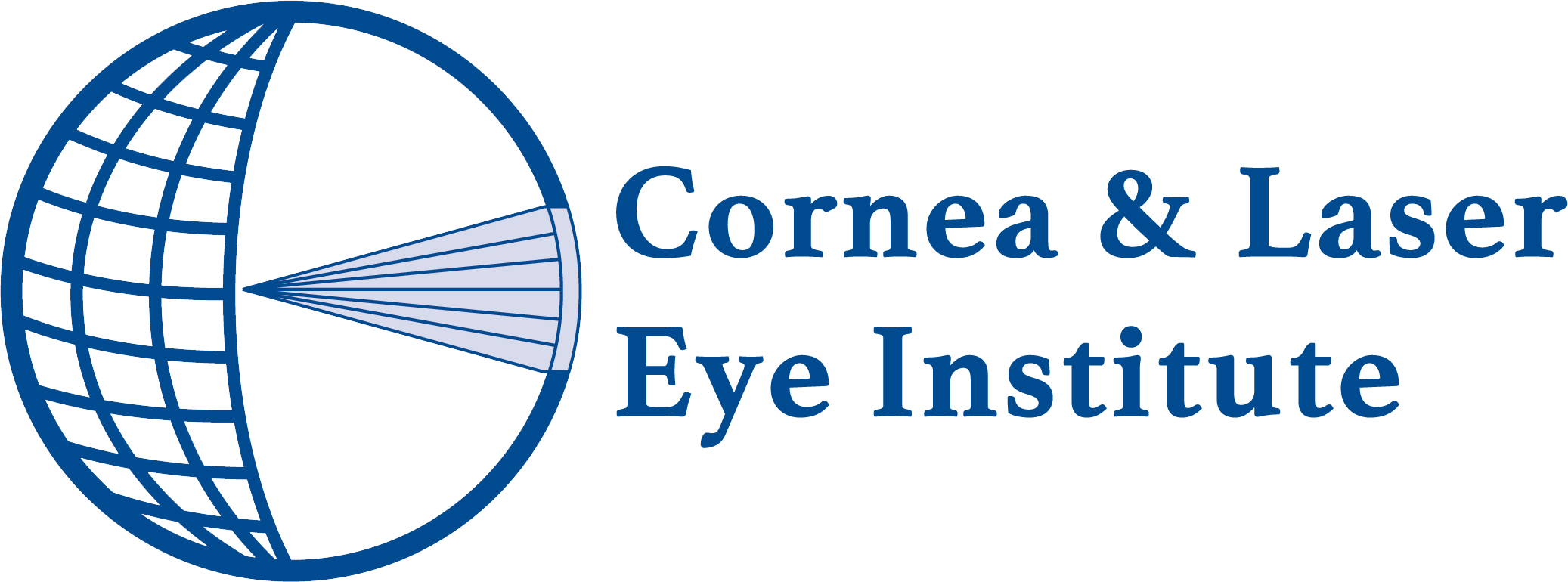Understanding Binocular Vision Disorders Binocular vision disorders are a group of conditions that affect the way your eyes work together. These disorders can cause a range of symptoms, including double vision, eye strain, headaches, and difficulty with depth perception. They can be caused by a variety of factors, such as muscle imbalances, refractive errors, or […]
Read More
Posted by Cornea and Laser Eye Institute on December 27, 2024
Scleral lenses are specialized contact lenses used to correct distorted vision caused by one of a variety of conditions of the cornea and provide therapeutic treatment for those with severe ocular surface disease. This guide provides a detailed overview of scleral lenses. What is a Scleral Lens? Scleral lenses are large, rigid, gas-permeable contact lenses […]
Read More
Posted by Cornea and Laser Eye Institute on July 26, 2024
Disfiguration of the eye, whether due to injury, disease, or congenital conditions, can significantly impact one’s self-esteem and confidence. Alterations in the appearance of the eyes can be emotionally distressing. Additionally, the underlying conditions may lead to functional issues such as light sensitivity (photophobia) and double vision (diplopia). Ocular prosthetics, particularly hand painted cosmetic soft […]
Read More
Posted by Cornea and Laser Eye Institute on July 22, 2024
Many people prefer contact lenses over glasses. They don’t alter your appearance and they offer a more natural field of vision. They can also be a convenient option if you lead an active lifestyle and don’t want to worry about your glasses falling off, such as during a workout. However, some people may experience dry […]
Read More
Posted by Cornea and Laser Eye Institute on July 17, 2024
Orthokeratology: A Non-Surgical Approach to Clear Vision What is Orthokeratology? Orthokeratology (ortho-k), also known as corneal refractive therapy, CRT, overnight vision correction, gentle vision shaping system, GVSS, or vision shaping treatment, VST, is a non-surgical vision correction option that eliminates the need for glasses or daytime contact lenses. By wearing specially designed gas-permeable contact lenses […]
Read More
Posted by Cornea and Laser Eye Institute on July 6, 2024
Colored contact lenses are a popular fashion accessory that can instantly transform your look. They come in a variety of colors and designs, and can be tinted, printed, or even hand painted. This allows you to experiment with different eye colors and enhance your natural beauty. Whether you want to go for a subtle change […]
Read More
Posted by Cornea and Laser Eye Institute on July 3, 2024
Prism contact lenses are specialized contact lenses prescribed to individuals experiencing double vision (diplopia). These contact lenses correct double vision and refractive error to create clear, singular vision. They are a little known alternative to prism glasses. This article explains the purpose and function of prism contact lenses, how they work, conditions that may require […]
Read More
Posted by Cornea and Laser Eye Institute on July 1, 2024
Scleral lenses are increasingly being utilized for patients suffering from irregular corneal conditions, such as keratoconus and ocular surface disease, such as severe dry eye. Research has shown that the most common reason for scleral lens failure is voluntary discontinuation due to difficulty with lens application and removal. Proper application and removal training at the […]
Read More
Posted by Cornea and Laser Eye Institute on June 21, 2024
While all optometrists and ophthalmologists are licensed to prescribe contact lenses, not all possess the specialized skills and experience needed to create optimal lenses, particularly for those with keratoconus. Optometric and ophthalmologic programs typically provide limited education on specialized medical contact lenses, focusing primarily on basic principles and disposable soft lenses. The expectation is that […]
Read More
Posted by Cornea and Laser Eye Institute on June 18, 2024
CLEI has pioneered some of the most significant advancements in vision correction technology. One such advancement is the integration of wavefront technology into scleral lenses. Wavefront technology, originally developed for astronomy, has revolutionized the way eye care professionals can assess and correct visual aberrations. By applying this technology to scleral lenses to further enhance the […]
Read More
Posted by Cornea and Laser Eye Institute on May 31, 2024













